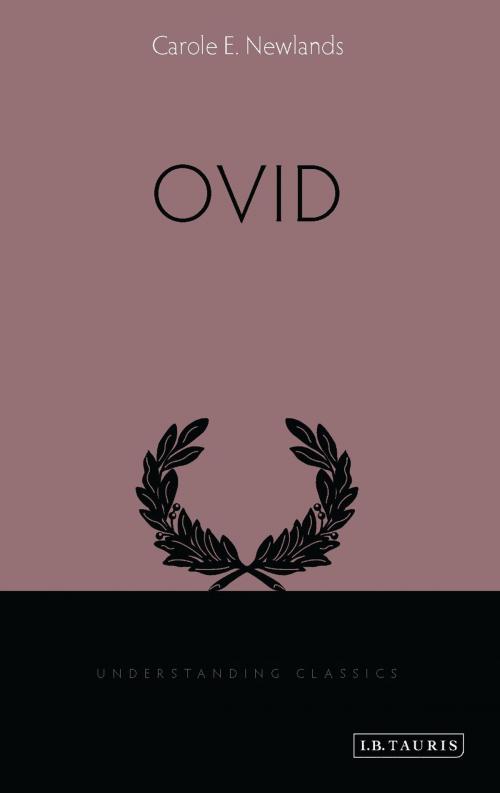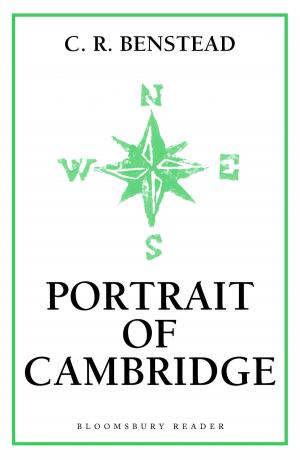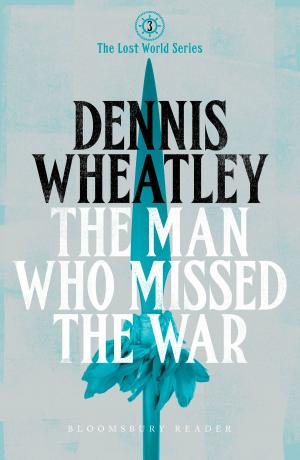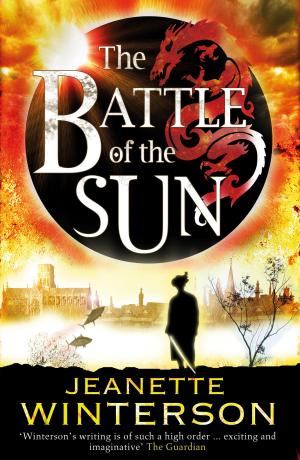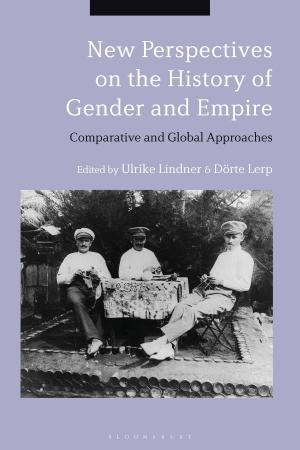Ovid
Nonfiction, Religion & Spirituality, Philosophy, Social & Cultural Studies, Social Science, History| Author: | Carole E. Newlands | ISBN: | 9780857739841 |
| Publisher: | Bloomsbury Publishing | Publication: | September 2, 2015 |
| Imprint: | I.B. Tauris | Language: | English |
| Author: | Carole E. Newlands |
| ISBN: | 9780857739841 |
| Publisher: | Bloomsbury Publishing |
| Publication: | September 2, 2015 |
| Imprint: | I.B. Tauris |
| Language: | English |
Virgil, Horace and Ovid are often cited as the three great canonical poets of classical Roman literature. And of the three, arguably it is Ovid (43 BCE-CE 17/18) who has the most enduring legacy. Carole Newlands introduces her subject as an ancient author with a vital place in the modern cultural canon: and also as the inspiration behind figures as diverse as Chaucer, Titian, Dryden and Ted Hughes. She views Ovid as a Latin writer who is uniquely suitable for times of change: he appeals to postmodern sensibilities because of his interest in psychology, his fascination with cultural hybridity and his challenge to the conventional divide between animal and human. This book explores the connection between the historical poet and the works he produced: love elegies, the Metamorphoses and the Fasti. It shows that unlike Virgil – who wrote early in Augustus' reign, anticipating a golden age of peace and prosperity – Ovid was a product of the late Augustan age: one of hardening autocracy and the greater influence of Tiberius behind the scenes. His elegies and erotic myths must therefore be understood as the result of complex, shifting political circumstances.
Virgil, Horace and Ovid are often cited as the three great canonical poets of classical Roman literature. And of the three, arguably it is Ovid (43 BCE-CE 17/18) who has the most enduring legacy. Carole Newlands introduces her subject as an ancient author with a vital place in the modern cultural canon: and also as the inspiration behind figures as diverse as Chaucer, Titian, Dryden and Ted Hughes. She views Ovid as a Latin writer who is uniquely suitable for times of change: he appeals to postmodern sensibilities because of his interest in psychology, his fascination with cultural hybridity and his challenge to the conventional divide between animal and human. This book explores the connection between the historical poet and the works he produced: love elegies, the Metamorphoses and the Fasti. It shows that unlike Virgil – who wrote early in Augustus' reign, anticipating a golden age of peace and prosperity – Ovid was a product of the late Augustan age: one of hardening autocracy and the greater influence of Tiberius behind the scenes. His elegies and erotic myths must therefore be understood as the result of complex, shifting political circumstances.
